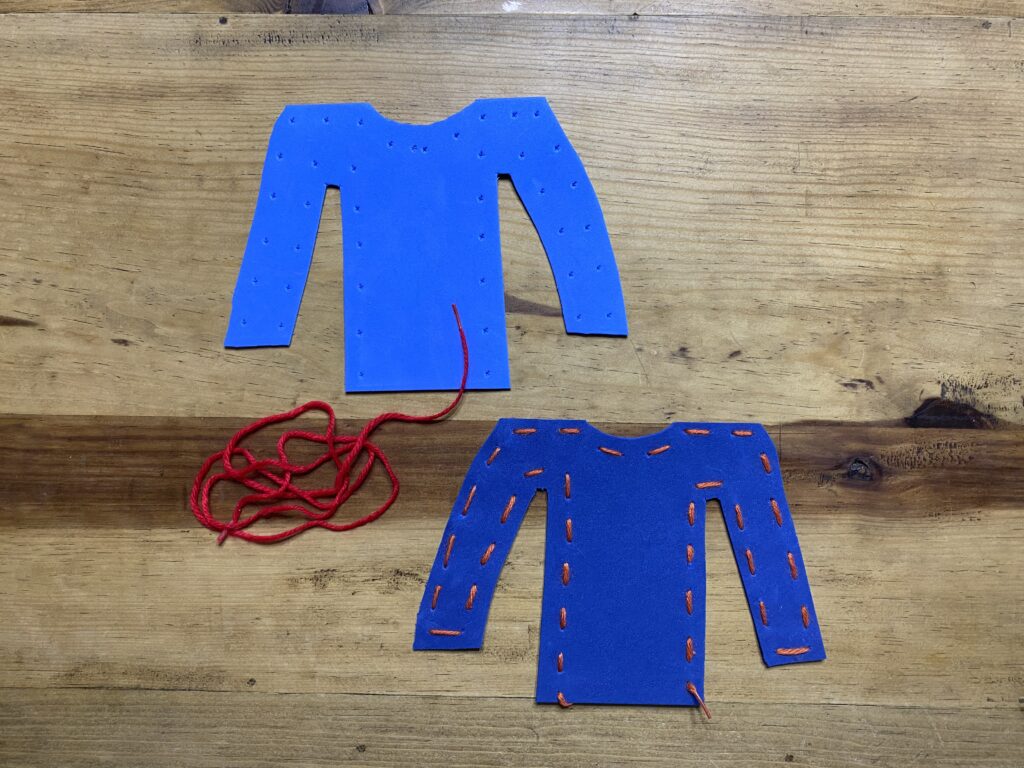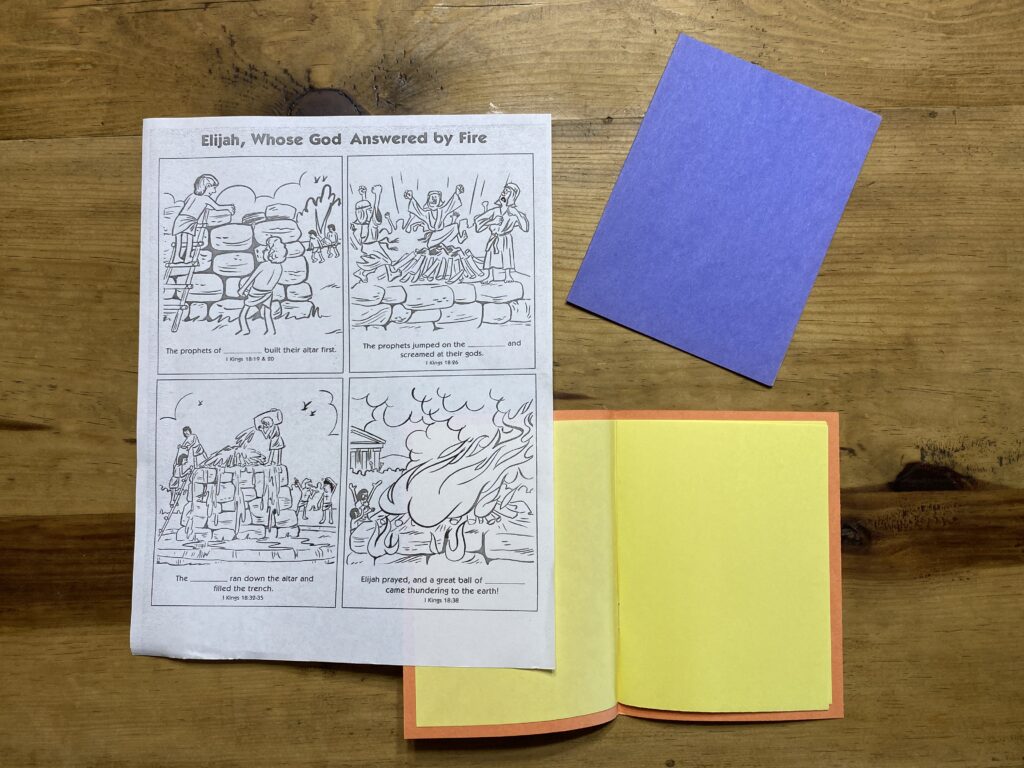Key Verse
Let us hold fast the profession of our faith without
wavering; (for he is faithful that promised) —Hebrews 10:23
Key Verse Thought: After reading the verse, understand that the word faithful means “constant in the performance of duties or services — like a faithful servant.” In this verse, faithful also means “as God with his promises.”
When we understand the faithfulness of God, it helps us as we “hold fast the profession of our faith.” That means we have and retain the faith we have of the Gospel message of Jesus (that He died to cleanse us from our sins). Moreover, that we do it without “wavering.” Wavering means “steady, without giving way.” In this lesson, we will continue looking at the life of Elijah, and we will begin to learn about Elisha. Both of these prophets of God held fast, knowing God would be faithful.
Emphasis: Just as Elijah was faithful in doing what God asked of him (no matter how difficult we may think it might have been), we, too, are to remain faithful doing what God asks of us (no matter how hard it may seem!).
Lesson Summary: After the people of Israel professed, “The LORD, he is the God; the LORD, he is the God” (1 Kings 18:39), there continued to be idol worship in the land. We begin today with Ahab’s son, Ahaziah, as king of Israel, seeking the answer to his question from Baalzebub, the god of Ekron. When the king was injured (he fell through a lattice), instead of inquiring an answer from God, he inquired for a word from a false god. So God sent Elijah with a word for the king – words that the king did not receive (for he did not like the message). The king sent captains with their fifties to bring Elijah to the king. Two times Elijah called fire down from heaven that consumed them. On the third time, because of the captain’s words, he and his men lived. Elijah returned with a message for the king himself. The king would die from his injury — and he did. We will then look back to the call of Elisha as the servant of Elijah, soon to be the one to replace the prophet Elijah (I Kings 19:16). As we remember Elijah’s life, we find he knew he was about to leave the earth. Recall the familiar events of Elijah taken alive into heaven by a chariot of fire and horses of fire as Elisha stood as a witness. Don’t just recall the familiar events, read them again with the intention of learning more about just what really happened. Especially think about the faithfulness displayed, as Elisha never left Elijah’s side — even when Elijah told him to stay. Notice the reward Elijah, and even Elisha, received for their faithfulness. See what the 50 men of the sons of the prophets recognized about Elisha.
Year Two Quarter One – Lesson 3 – Questions
Year Two Quarter One – Lesson 3 – Children’s Worksheets


